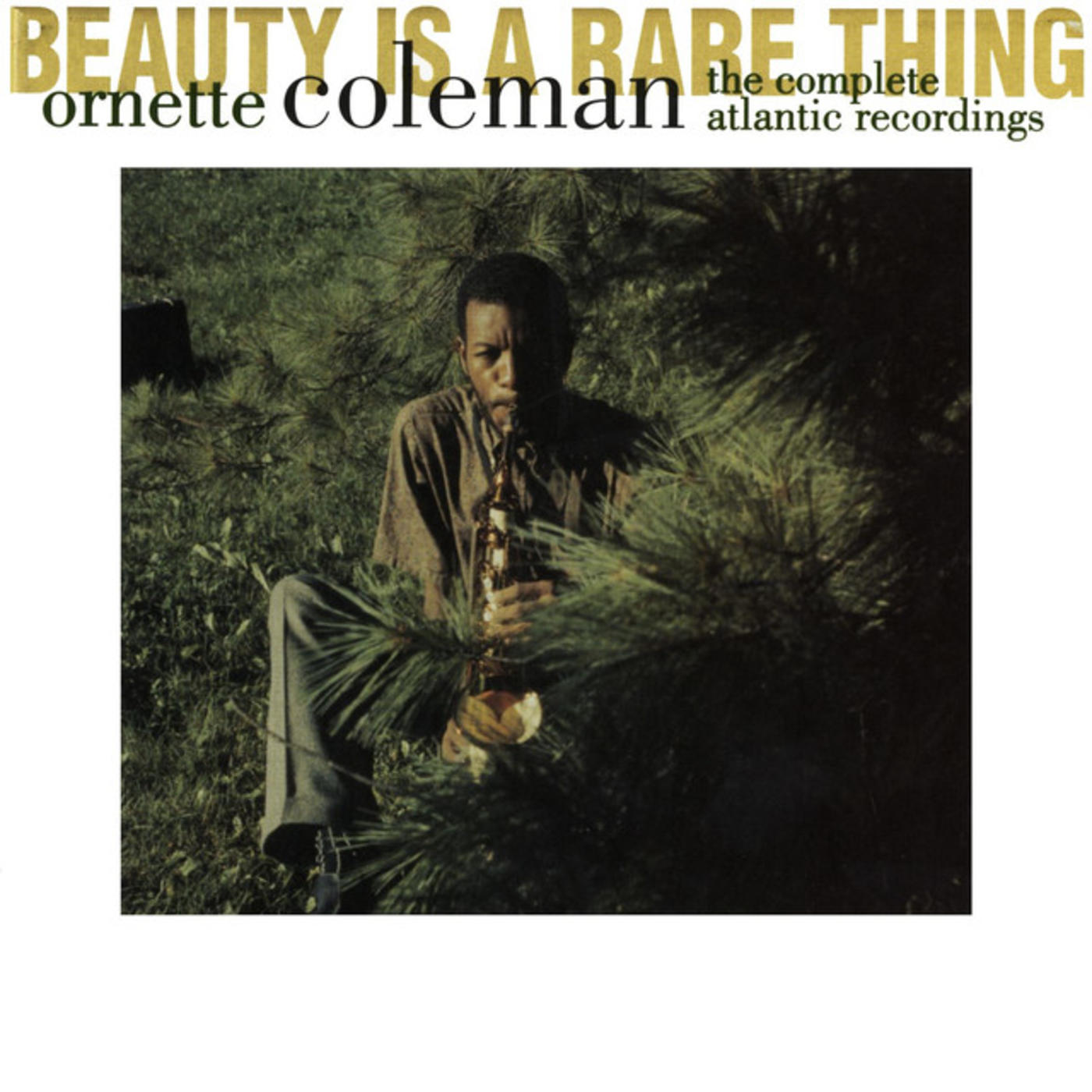RIP Ornette Coleman

June 11 has not been a good day for those who get depressed by celebrity obituaries: in the past 24 hours, word has broken about the deaths of noted movie producer Robert Chartoff (Rocky, Raging Bull), horror icon and all-around awesome actor Christopher Lee, Oscar-nominated actor Ron Moody (Oliver!), and wresting legend Dusty “The American Dream” Rhodes. For jazz fans, however, none of the aforementioned losses are likely to hit anywhere as hard as the one they’re reeling from right now: alto saxophonist Ornette Coleman has died from cardiac arrest at the age of 85.
Born March 30, 1930 in Fort Worth, Texas, Randolph Denard Ornette Coleman effectively set the stage for his entire career while he was attending I.M. Terrell High School, where he was a member of the school band until he was thrown out for improvising during a performance of John Philip Sousa’s “The Washington Post.” Fast-forward to 1960, and Coleman is earning praise for his latest album, Free Jazz: A Collective Improvisation. We don’t know for sure if Coleman ever donated anything to his high school’s band department later in life, but if he did, we’d like to think that he wrote “thanks for nothing” on the check’s memo line and mailed it in with a photo of himself grinning and holding the Pulitzer Prize he won in 2007 for his album Sound Grammar.
Coleman was a musical innovator, an artist who played what he heard rather than what established song structure told him he was supposed to play. As a result, there were many who found his work too discordant for their liking, but when you’re making music that leads someone of the likes of Leonard Bernstein to consider you a genius, you’re clearly doing something right. Knowing that he was doing something different, Coleman released an album in 1959 which is still considered an all-time jazz classic – The Shape of Jazz to Come – and the title of his aforementioned 1960 album was quickly borrowed to descript the sort of music that Coleman and those who followed his lead were making: free jazz.
Coleman continued to record all the way up through his death, earning praise for his work with strings in the ‘60s and rock and funk in the ‘70s and ‘80s, teaming up with a variety of other musicians, including Jerry Garcia and Pat Metheny, and regularly creating new quartets with which to perform. For most, though, there was only one definitive Ornette Coleman quartet: Coleman, trumpeter Don Cherry, bassist Charlie Haden, and drummer Billy Higgins.
Over the years, Coleman accumulated a number of awards, including a Grammy for lifetime achievement, the Miles Davis Award from the Festival International de Jazz de Montréal, and the Dorothy and Lillian Gish Prize, but it’s pretty hard to top a Pulitzer – the only other jazz artist to have won one is Wynton Marsalis – and it’s fair to say that Coleman was appropriately honored to have received it.
To say that Coleman was a master of jazz is an understatement, but it’s in no way an untrue description, which is why we’re posting our Masters of Jazz playlist in celebration of his life and times. RIP, Mr. Coleman. Your work will not soon be forgotten.


